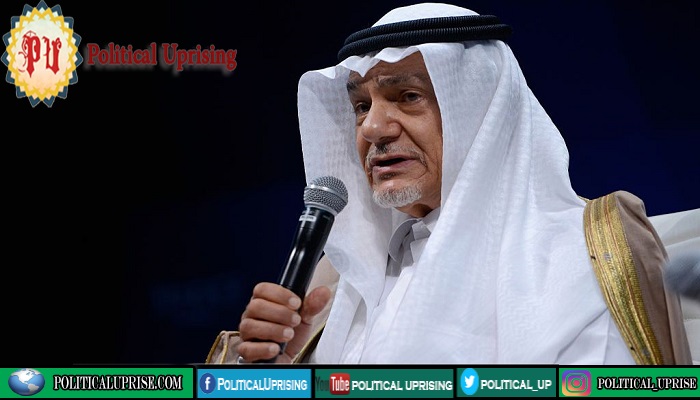Hezbollah and its allies roles are important after Hariri.Protesters want the caretaker government to be replaced with a cabinet of independent experts.
With the recent resignation of now-caretaker Prime Minister Saad Hariri amid unprecedented protests, Lebanon is entering a phase of political wrangling in which Hezbollah and its allies will be decisive.
Hariri resigned on Tuesday, saying he was responding to the will of the Lebanese people who for 13 days had taken to the streets in massive protests calling for the end of the country’s confessional political system and for corrupt politicians to be held accountable.
Protesters want the caretaker government to be replaced with a cabinet of independent experts who can lead Lebanon out of a deepening financial crisis, secure basic services such as electricity and water, and create a new, non-sectarian electoral law.
Read More: UK got new deadline
Though most who have taken to the streets do not want to see a return of Hariri, the 49-year-old remains the most likely candidate to lead the next government due to support among a number of political groups and much of the international community.
And while he saw the size of his parliamentary bloc reduced by about a third in last year’s polls, Hariri is still the single-most popular politician among Lebanon’s Sunnis important in a country where the prime minister must be Sunni, the speaker of parliament Shia and the president a Maronite Christian.
Hamadeh, a longtime Hariri ally, is currently an MP in the bloc of the Progressive Socialist Party (PSP), which is headed by Druze leader Walid Joumblatt.
Read More: Davos in the desert investment summit begins in KSA
“Every group should put a bit of water in their wine, starting with Hezbollah and Lebanese President Michel Aoun, so that we reach consensus and shelter Lebanon from the impending financial crisis and start the reforms process that would satisfy the masses who have been demonstrating,” he said.
Hariri’s resignation came after he said he had reached a “dead end” in negotiations with parties on the shape of a new government.
Hassan Nasrallah, the leader of the Shia group Hezbollah, flat-out opposed any change in government, while Aoun insisted that Foreign Minister Gebran Bassil a controversial figure who has been the prime target of protesters remain part of it.
By resigning without any agreement in place, Hariri defied both Aoun and Hezbollah a fact which may complicate the formation of a new government.
Hezbollah and its allies have key role to play for next government in the Lebanon.



